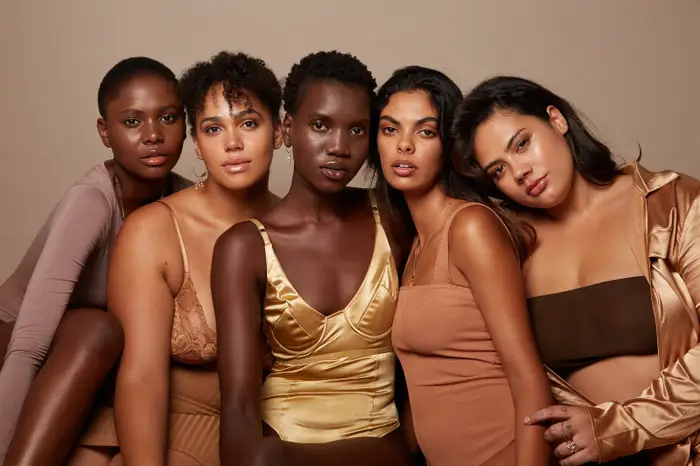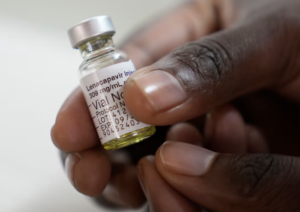Kenya is a country with a rich tapestry of people from diverse backgrounds. The nation is home to a variety of tribes, each consisting of individuals with different skin tones ranging from the darkest to the lightest shades.
Colourism has been a contentious issue in the country, sparking diverse opinions among the populace. A TikTok video featuring a group of boys implying that light-skinned girls are more attractive than their dark-skinned counterparts caused a stir. The standard of beauty described in the video, which favoured light-skinned individuals, drew widespread criticism.
@sixdegreesoftalk_ what are you thoughts about this? #SDOT#sixdegreesoftalk #podcast #muturaisafruit #tiktokke
♬ original sound – Six_degreesof_talk
The debate prompted discussions on why some individuals perceive a lighter skin tone as superior. Many people in the country have turned to skin-lightening products, even resorting to injections in pursuit of a lighter complexion. However, the majority of users may not fully understand the potential long-term effects on their skin.
Notably, some skin-lightening products contain harmful ingredients such as hydroquinone, mercury, and corticosteroids, which can have severe effects on the body. Overuse of these products may lead to complications such as kidney and liver damage.
The effects of bleaching can include blood thinning and noticeable changes in skin colour and visible blood vessels. These are just a few of the many side effects associated with bleaching.
One might wonder, does the desire to become lighter-skinned stem from colonialism? During Africa’s colonization, white colonizers perpetuated the belief that black people were inferior, criticizing everything from our skin colour to our natural hair texture.
What makes colourism especially hurtful is that it often comes from within our communities. A single comment about someone’s skin colour can sow seeds of insecurity and perpetuate a desire to look different.
While racism still exists, it manifests as colourism in Africa. Breaking free from this cycle of colourism is a challenging struggle for us as a continent. Despite efforts to promote self-love among dark-skinned individuals, West Africa continues to lead in the consumption of bleaching products.
Dark is beautiful. It is how we carry on our heritage and identify ourselves with black excellence. Breaking free from the colonialism programming that dictates what is and is not beautiful is important.
The South Sudanese people are known for being among the most beautiful living people, with their richly pigmented skin. Beauty is defined by you. The choice to look into the mirror and acknowledge your beauty is up to you.
















